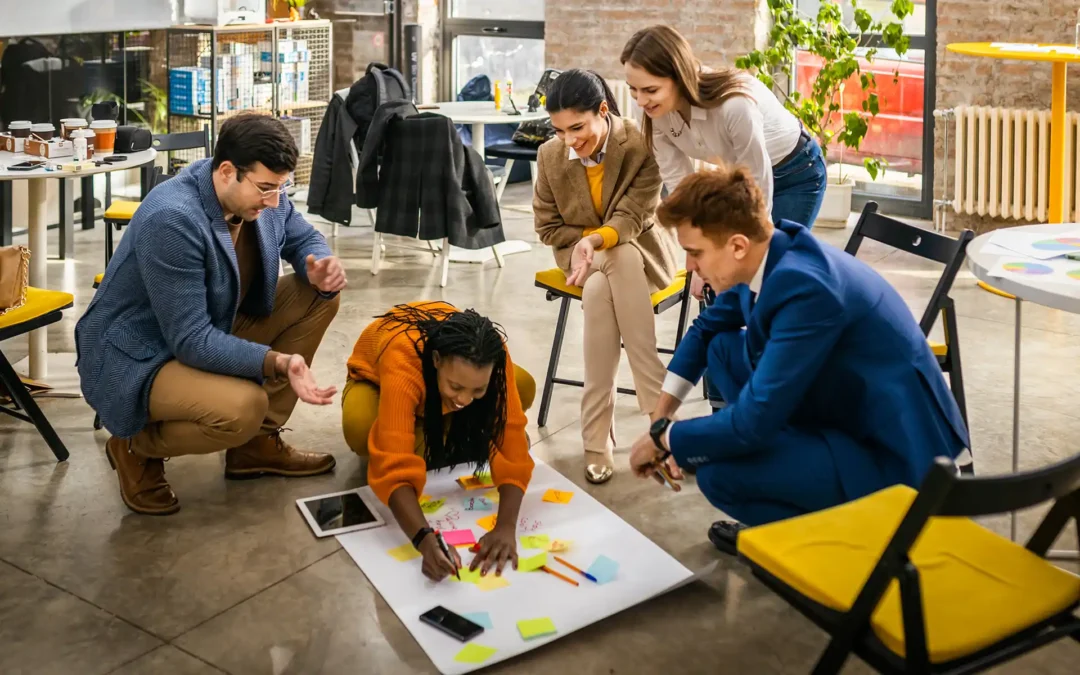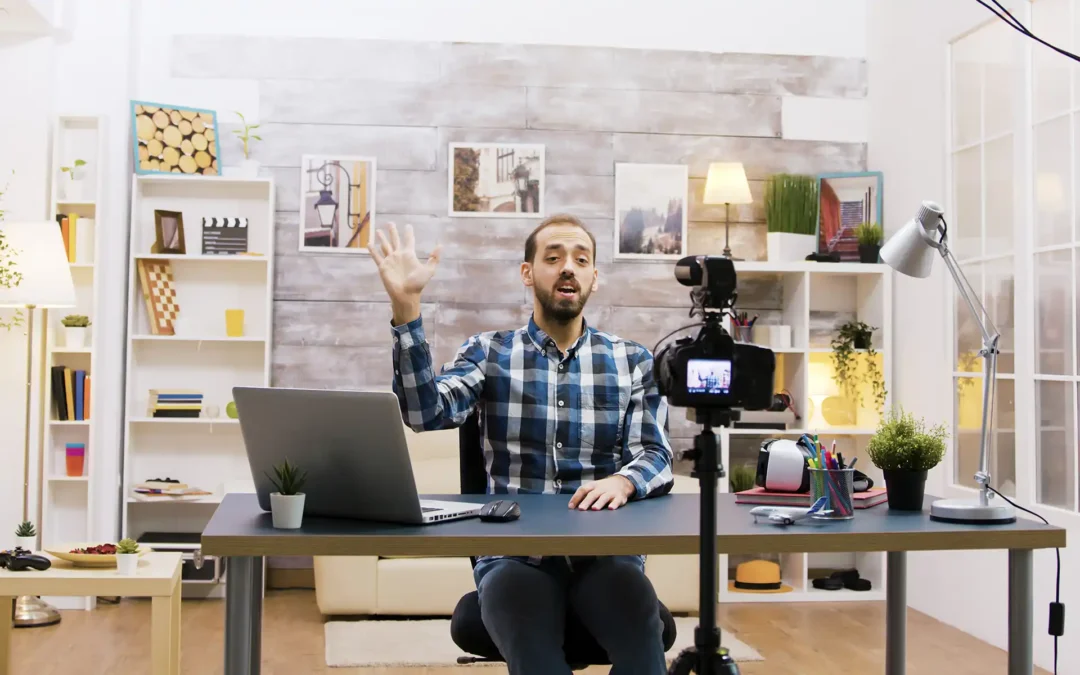For many candidates, going to an interview can feel quite challenging, or perhaps even daunting. In this video, our friend Jeremy from Lazarus Consulting covers 6 tips that will help you prepare for interviews, (or if you are a coach, to help you help your clients to prepare). Some of these tips are obvious, and most are not.
Transcript of the video
Modified slightly for readability.
Hi, I’m Jeremy Lazarus and I’d like to talk to you about interviews, or more specifically, how to prepare for interviews. I went to a family event quite recently and some of my cousin’s children said to me, “Uncle Jeremy” (they call me Uncle Jeremy even though I’m not their real uncle!). “Uncle Jeremy, I know the kind of work you do, can you help me prepare for an interview?” And it got me thinking that it’s not just my relatives who prepare for interviews, obviously quite often my clients or delegates on my training courses need to prepare for interviews themselves or to help their clients with interviews. So if you’re going for an interview or you’re a coach helping a client to prepare for an interview, then here are some tips that you might find useful. The first few tips are going to be fairly straightforward, and others are not quite so obvious. Some of the more obvious ones will be things like
- do your preparation: prepare, do your homework, research on the internet or speak to people who work in that sort of field, so that you get a pretty good picture of the role and the organisation.
- you might want to use platforms like LinkedIn for example, to find out more about the actual person or persons who are going to be interviewing you.
Some areas which may not be quite so obvious, would be
- Do an exercise which in NLP is known as ‘Perceptual Positions’. In other words, put yourself in the shoes of the various parties, i.e. the interviewer, a neutral observer and you. In one part of the room, be yourself, with your thoughts and feelings about the interview. Next, move to a different part of the room and ‘become’ the interviewer. What would the interviewer be wanting and expecting from the interviewee (i.e. you)? What would they want to see, hear, experience, and not see, not hear? So really put yourself in the other person’s shoes. Basically, put yourself in their shoes: what do you want from the person who’s applied for the role? Then when you’ve got some ideas there, go to a different part of the room or even go to a different room, and imagine you’re a neutral observer, perhaps a consultant, and you can see the interviewer and the interviewee. What advice would you give them? What should the interviewer do to get the most from the interviewee and vice-versa, what could the interviewee do to help prepare and demonstrate that he or she knows what they’re talking about and are suitable for the role? And then assimilate that information back into yourself to reflect on the other perspectives, and be able to think “now I know what to do. I’ve got some more insights into how I can prepare for the role”.
- Prepare some responses if you don’t know the answer to a question asked in the interview. For example, “that’s a really interesting question, I hadn’t thought about that. Can I come back to you on this after the interview and I could give you my thoughts?” Another response could be, “I hadn’t thought this through, but off the top of my head my first thought is <reply>. But obviously I’d want to think it through if I were actually put in that situation”. So those are a couple of examples of responses and by all means, come up with your some of your own. The key thing is to be clear or to know how to respond if they ask you a question which might ‘stump’ you temporarily.
- Be really clear on what’s important to you / what you want / what you look for in a role or a career. In NLP we call this ‘values’: finding out what’s important to you. If you’re really clear about what’s important to you and certainly the key aspects of what’ you’re looking for (i.e. your key values) in the context of work / career / job (for example, ‘variety’, ‘challenge’ or recognition’), you can then ask questions in the interview which are going to help you to find out whether your values are going to be met. Whenever I talk about this on my courses, the audience, many of whom do actually interview people, say that when people ask them questions to really understand the role and what it entails, they (the interviewer) think more positively about the candidate. So, as the candidate, make sure that you ask questions that help you not just understand about the role generally, but specifically to let you know whether it’s going to fulfill what you want from that career / job / post.
- Linked to the previous point, ask yourself, ‘who’s doing the interviewing?’ Is the interviewer interviewing the candidate or is the candidate interviewing the interviewer? And what I would say is ideally it’s a two-way street, because if the candidate is asking questions to find out about the role, as I’ve mentioned earlier, that puts them normally in a very favorable light in the eyes of the interviewer.
So just a quick recap:
- prepare and research the organisation and its industry;
- prepare and research the interviewer(s)
- put yourself in the other person’s (interviewer’s) shoes, and also take a neutral perspective;
- prepare responses to questions you may not know the answer for
- be really clear on your values. For example, if you know variety is important you’d be really clear what you mean by variety, and then ask questions to find out whether your values will be met
- interview the interviewer.






